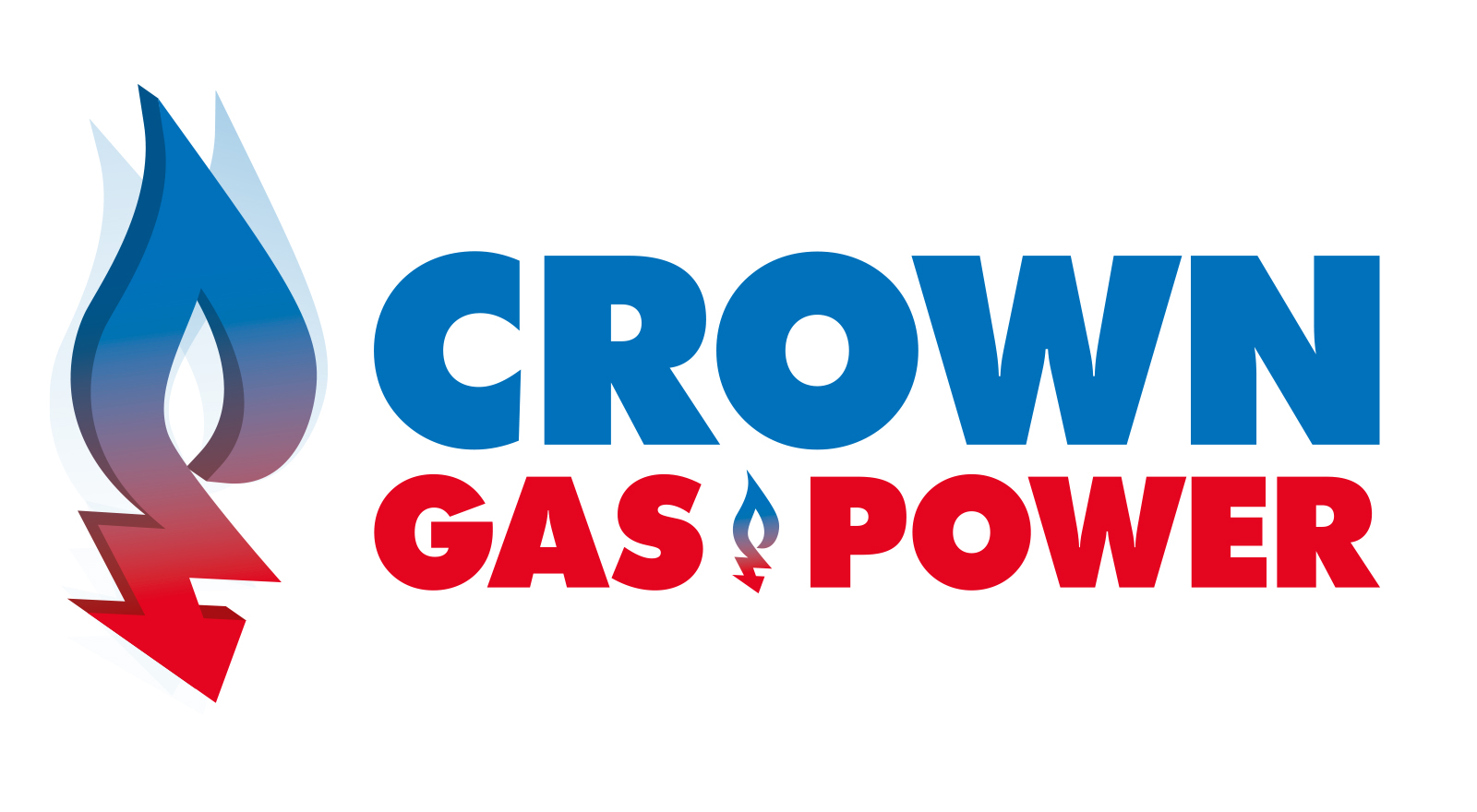Introduction
With rising energy costs and growing pressure to meet net-zero targets, solar panels are increasingly becoming a strategic and sustainable choice for businesses, from small offices to large industrial sites.
Across the UK, commercial solar panels empower companies to reduce electricity bills, generate extra income, and enhance their green credentials. Thanks to advancing technology, government incentives, and flexible financing options like Solar PPAs, solar PV is now more accessible than ever.
In this guide, we’ll walk you through the benefits, installation costs, available incentives, and practical steps to help you decide if solar is the right choice for your business.
1. Major Benefits of Business Solar Panels UK
Cost Savings & ROI
With solar PV, once installed, the electricity generated has no fuel cost, meaning it can be produced at effectively zero marginal cost. Considering UK energy prices have averaged around 18.5p per kWh in Q1 of 2025, every unit of self-generated power cuts your electricity bill. Businesses operating during the day, typically 9 am to 5 pm, maximise immediate use of that clean energy, delivering a faster return on investment.
Take Control of Your Energy Costs
As energy prices fluctuate, generating power onsite helps bring stability and control to your business energy costs.
Environmental Impact & Net Zero
Solar PV systems generate clean energy with zero direct greenhouse gas emissions during operation. By integrating solar PV into your wider sustainability strategy, you could reduce your carbon footprint, you align with the UK’s net-zero goals, reduce dependency on fossil fuels, and showcase genuine sustainability leadership.
Enhanced Corporate Reputation
In today’s market, being an environmentally conscious business holds significant weight. Installing solar PV panels signals forward-thinking Corporate Social Responsibility (CSR) and Environment, Social, Governance (ESG) commitment, boosting brand image, customer loyalty, and possibly investor interest.
Minimal Maintenance & Longevity
Solar panels typically last 25–30 years and have no moving parts, meaning maintenance costs are low. Simple annual or biannual checks and cleaning keep them operating efficiently.
Space-Saving & Silent Operation
Unlike ground-mounted systems or noisy generators, rooftop solar is discreet and silent, perfect for businesses near residential areas. It’s also efficient spatially, avoiding the use of valuable ground space.
2. Costs of Business Solar Panels UK
System costs vary based on output, quality, and installation complexity. According to MoneySuperMarket, the prices are as follows:
Smaller SMEs usually opt for smaller systems, while larger businesses or commercial premises require larger-scale setups. Advanced solar panels are available for higher efficiency, albeit with higher upfront costs, but they may pay back sooner through higher generation rates.
Prices vary considerable based on a number of different factors, including: the type of solar panel, installation complexity, additional components required, labour and installation, location, permits, and more.
3. UK Solar Incentives & Financing
Annual Investment Allowance (AIA)
When a business purchases and owns its solar panels outright, the full cost can usually be deducted from taxable profits through capital allowances. Thanks to the UK’s Annual Investment Allowance (AIA), companies can claim up to £1 million each year on qualifying assets such as solar installations. For most businesses, this means the entire investment can be written off in the same year, significantly reducing the upfront tax burden.
Regional & Sector-Specific Grants
Below are some useful links on solar funding:
- Wales (Circular Economy Funding): Private and public sector businesses reducing CO₂ emissions may apply for funding (typical values: £200,000/year over two years).
- East Midlands (Invest to Grow): Offers grants up to £250,000 for machinery and solar installations, conditional on creating/safeguarding jobs.
- Local UK Grants (e.g., Scotland): Small grants, sometimes up to £10,000, can support smaller solar projects.
- UK Government: The UK Government has pledged nearly £5 billion to help businesses reach net zero. Their new Find a Grant service makes it easy to search for funding to boost energy efficiency and cut carbon emissions.
4. Steps to Implement Solar for Your Business
- Site Assessment: Evaluate roof size, structural capacity, shading, and energy consumption.
- Quotations: Obtain multiple quotes, compare panel types, warranties, and installer experience. Our expert team specialises in business solar installations across the UK. We’ll provide tailored quotes, handle all site assessments, and ensure your system is optimised for your building and energy needs, helping you make the most of incentives and maximise ROI.
- Incentive & Finance Review: Identify eligibility for grants, AIA, and then decide whether to self-fund or explore financing options including PPA’s.
- Installation & Monitoring: After choosing an installer and financing route, monitor performance post-installation to track generation and savings.
- Maximise Value: Consider energy management systems or battery storage to boost ROI and consumption efficiency.
Are you ready to start your solar journey?
Whether you choose to purchase outright, leverage grants or PPAs, or integrate battery storage, our experienced installation team can guide your business from planning to operational solar power, making the transition seamless and cost-effective. Contact our experts for a bespoke quote today
Contact us >
 My Account
My Account  My Account
My Account 



